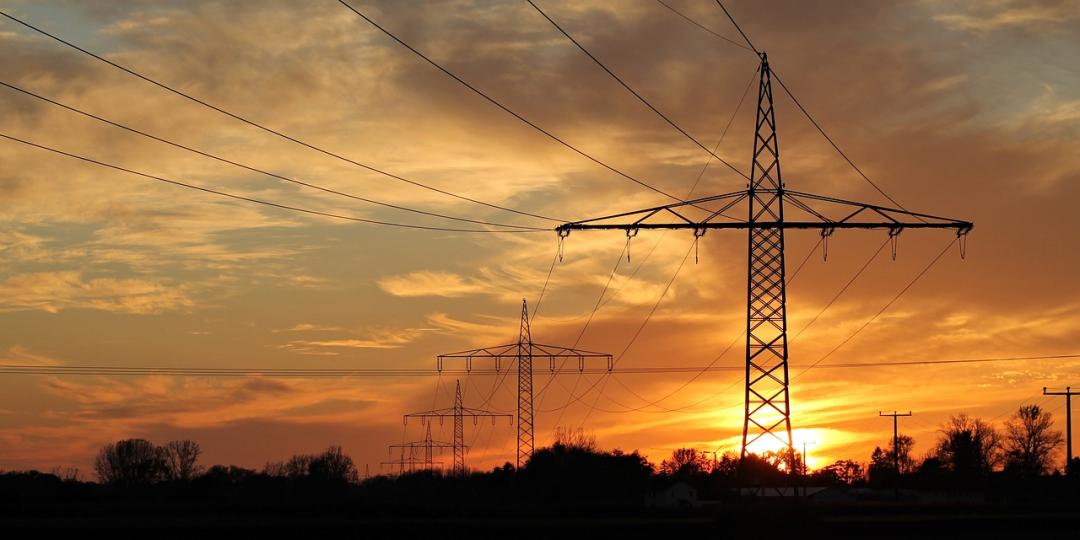The City of Johannesburg has released a statement saying it is “taken aback by Eskom’s decision to drag the courts into forcing it to pay an amount of R1 billion, while the national power utility owes R3,4 billion in overcharges over the years”.
It believes that the financial obligations of City Power to Eskom should be treated symmetrically with Eskom’s financial obligations to the City, the municipality said in a statement.
This comes after Eskom said on Monday it had “no choice but to apply to the High Court in Johannesburg” for a declaratory order to force City Power to pay its escalating debt, “which is currently at R1 073 billion as of March 31”. The case has been enrolled for a hearing on June 4.
Eskom claims the power utility began to default on its payments from October 2023 and no payment was received for the March 2024 invoice.
“The debt owed by City Power has reached unprecedented levels, exacerbating Eskom’s already strained financial situation. This dire situation not only undermines Eskom’s financial sustainability but also threatens its ability to maintain essential infrastructure, invest in new technologies and meet the growing energy demands of the province,” Eskom said.
“Following multiple discussions regarding queries that have been lodged in connection with gross inaccurate billing on bulk purchase invoices, Eskom has opted to ignore those issues and rushed to the courts,” the City of Johannesburg said.
“For the record, the City pays Eskom about R1 billion for electricity monthly. The City remains committed to paying for services rendered and validated as due, as it always has.
The utility said it had raised concerns with Eskom that it was being overbilled for the service received monthly since 2021. City Power validates bulk purchases for completeness and accuracy using its own check metering infrastructure at major intake substations. In instances of potential discrepancies, it must be noted that it is due to this checked metering infrastructure that City Power was able to ascertain and quantify the extent of overbilling by Eskom,” the municipality said.
“Eskom is notified as the billing authority in line with provisions of relevant NRS standards, including NRS057. More often than not, the national utility chooses to ignore these discrepancies. Eskom has admitted in some cases that there have been potential billing inaccuracies and has refunded City Power at least R483m over the recent years.”
Eskom denied the claims made by City Power and said it would prove its position through the arbitration process. “In terms of the electricity supply agreements sanctioned by the Electricity Regulation Act of 2006, if a municipality raises a dispute with Eskom, it must still pay. The dispute does not absolve it of its legal obligations to pay Eskom for the bulk electricity it has received,” Eskom said.
The City of Johannesburg said it engaged with Eskom two weeks ago. It proposed that an independent electricity expert be brought in to assess the situation “to give them comfort, and the national power utility has been reluctant”. The municipality plans to oppose Eskom’s court application as “it has no basis in facts and law”, the city said.















